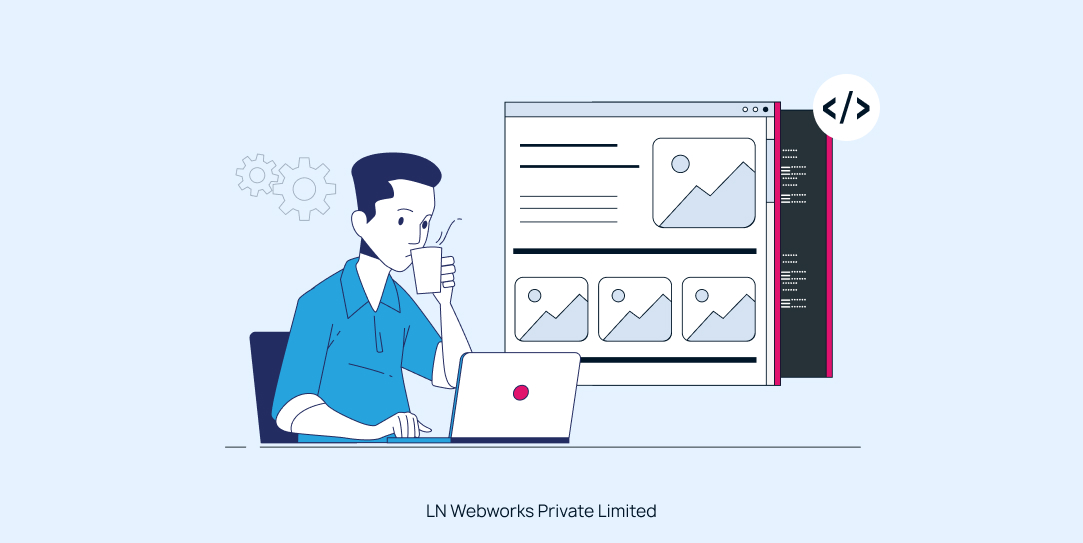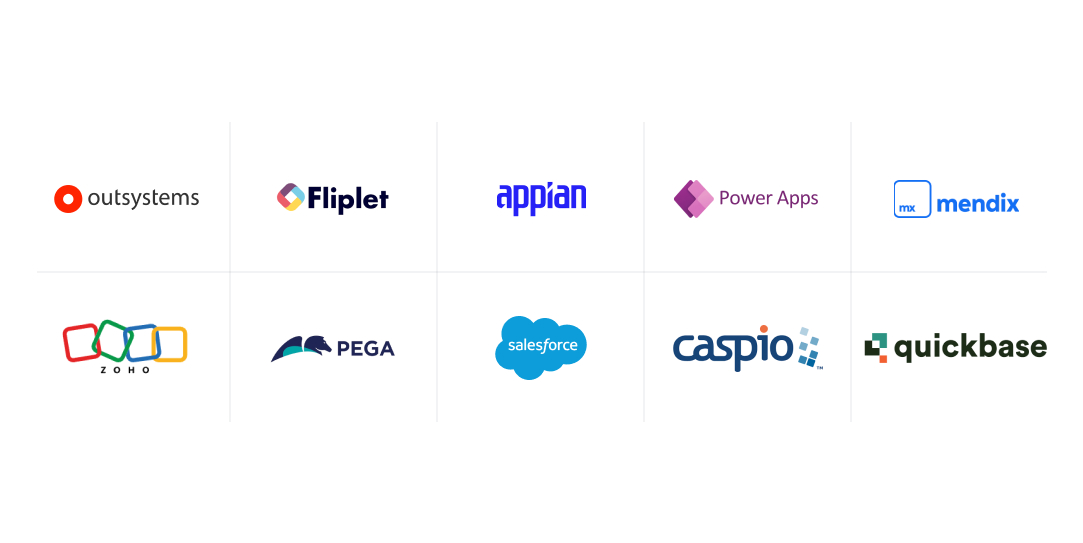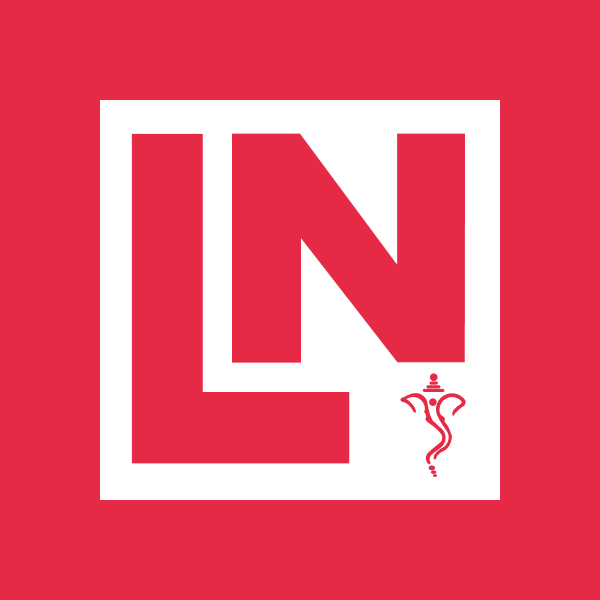10 Best Low-code Platforms for Building Applications in 2024

The prime objective of any business is to work efficiently with high speed and agility in application development. This helps a company work effectively and allows them to explore an application’s extensive features. Low-code works the same way, this platform is becoming more popular due to its greater speed and flexibility in application development. In this information piece, we are going to talk about the best low-code platforms that are making significant changes in the app development world.
Top 10 low-code platforms for building applications 2024

Outsystems
The first platform is known for its high performance that can handle complex, flexible applications for large businesses. It is a platform for organizations that asks for real-time performance management and deep interaction.
Characteristics:
- Rapid development with full-stack visualization.
- Integral security, from concept to execution
- Real-time performance monitoring
- Interaction with current databases
- Costing
Advantages:
- Flexible design that is good for big businesses
- Complete tools for development that decrease dependence on coding
Disadvantages:
- Great learning curve because of its complex features
- Higher cost than other platforms.
Fliplet
Fliplet is a popular option because of its features. It quickly delivers applications without requiring important coding because of its high-speed web and mobile app development.
Characteristics:
- It comes with a feature dragging and dropping interface for creating apps
- Several templates have been created for different situations
- Customizable
- Integration skills with existing sources of information
Advantages:
- Easy-to-use interface that can also help non-technical users
- Number of resources for instruction and help
- The main focus in developing mobile and web applications
Disadvantages:
- Complete integration capabilities require extra expenses
- Very few advanced coding choices are available
Appian
Appian is known for optimizing complex business procedures. It is a low-code automating platform that improves overall operational performance.
Characteristics:
- Tools for data management and integrated process automation
- Focused on security and administration
Advantages:
- It comes with strong security features
- Highly flexible
Disadvantages:
- It may cost more especially for small companies
- Asks for experience to use all of its features
Microsoft Power apps
Everybody is familiar with Microsoft applications and this is why it is an easy-to-use, and highly effective platform. Microsoft Powerapps is advantageous for companies that are already involved in the Microsoft ecosystem.
Characteristics:
- Improved functionality
- Already prepared connections and templates
Advantages:
- Strongly compatible with Microsoft software
- Numerous features
Disadvantages:
- Complex features ask for experience
- Only beneficial for companies already using Microsoft software
Mendix
This platform supports the whole application life cycle, making it easy for teams responsible for managing application updates.
Characteristics:
- Tools to collaborate
- Visual development tools
Advantages:
- Strong environment
- Promotes co-working between business and users
Disadvantages:
- Difficult for non-technical users
- Changes in price with the growing demands
Zoho creator
Zoho Creator is an intuitive platform perfect for businesses that want to improve processes without investing. It is a reusable and accessible application.
Characteristics:
- Numerous templates
- Workflow and collecting automation
Advantages:
- Affordable for small businesses
- Small learning curve
Disadvantages:
- Limited scalability for large businesses
- Coding is necessary for complex changes
Pega
This platform is considered for its strong automation abilities making it a great choice for businesses that need help in client engagement and workflow automation.
Characteristics:
- Many options for integration and modification
- Decision-making powers
Advantages:
- Highly effective
- Strong support for management
Disadvantages:
- Costly for small businesses
- It asks for a high learning curve
Salesforce lightning
This platform offers great connectivity with its salesforce ecosystem also it is perfect for companies looking to integrate CRM into their applications.
Characteristics:
- Dragging and dropping interface
- Insights based on data
Advantages:
- CRM integration with Salesforce
- Highly adaptable
Disadvantages:
- Costly for new customers
- Only beneficial for existing Salesforce users
Caspio
This platform offers scalability and strong data management facilities, which makes it useful for companies who wish to develop cloud-based databases.
Characteristics:
- Dragging and dropping interface
- Strong import and export features
Advantages:
- Easy-to-use interface
- Focus on data security
Disadvantages:
- Complex for new users
- Limited custom development
Quick base
This platform is quick to build custom applications faster with its Quick base environment which also helps in improvement.
Characteristics:
- Easy-to-use tools
- Tools available for communication and project management
Advantages:
- Highly flexible
- Doesn’t require a lot of technical knowledge
Disadvantages:
- Complex procedures ask for more modification
Conclusion
Low-code development platforms make it easy for businesses to create applications with multiple effective features instead of using handwritten coding. These platforms help you by providing tools to build applications with less coding. Low-code development applications not only accelerate the development process but also modify the application formation.
How LN Webworks Can Help?
At LN Webworks, our expert team specializes in utilizing low-code platforms to streamline your application development process. We bespoke solutions to meet your unique business needs, ensuring rapid development and deployment of high-quality applications. Partner with us for functional, quick and efficient applications.
